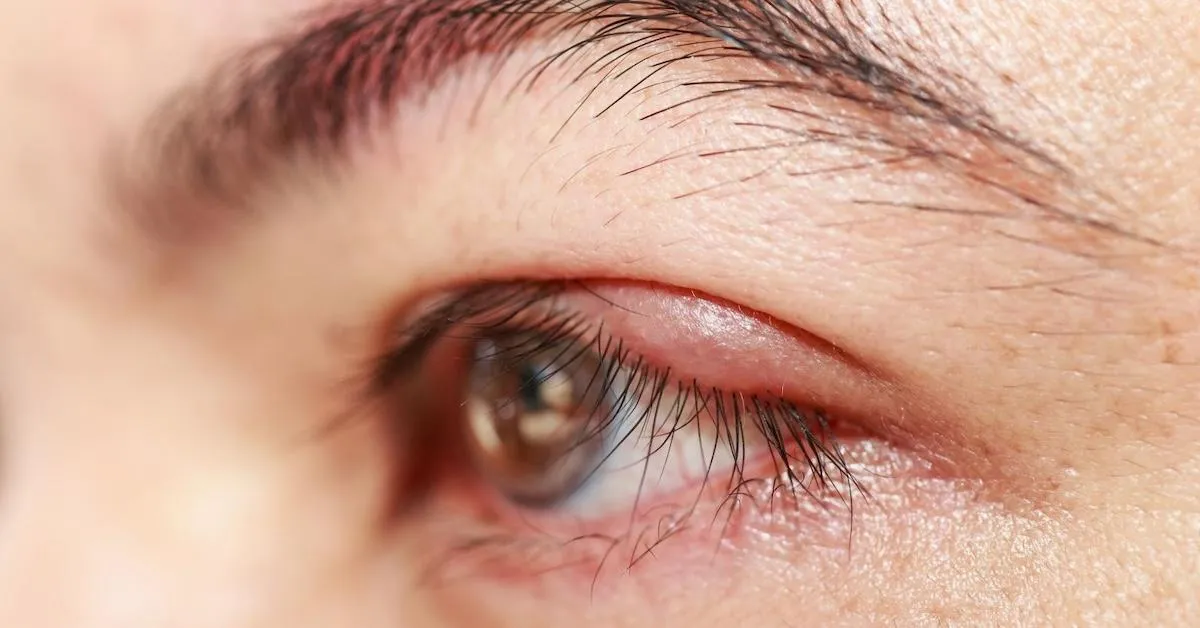
The Role of Holistic Medicine in Treating Corneal Conditions
When you hear the word “holistic,” you might think of herbal teas or meditation. But holistic medicine in eye care is much more than that. It’s about looking at the full picture—treating not just the symptoms in your eyes, but also supporting the rest of your body and lifestyle to help your eyes heal and stay healthy.
Corneal conditions can be uncomfortable, frustrating, and sometimes serious. While medical treatments are essential, many people are now combining them with holistic practices to improve their outcomes. So, how does this approach work, and what role does it play in managing eye health?
Let’s break it down.
Understanding the Cornea and Common Issues
The cornea is the clear outer layer of your eye. It plays a huge role in focusing light and protecting the inner eye. When it gets irritated or damaged, it can cause blurry vision, discomfort, or even long-term problems.
Some of the most common corneal conditions include:
Dry eye syndrome
Keratitis (inflammation of the cornea)
Corneal ulcers
Recurrent corneal erosion
Fuchs’ dystrophy
These issues can result from infections, trauma, contact lens use, or even autoimmune conditions.
Where Holistic Medicine Fits In
Holistic medicine doesn’t replace medical treatment. Instead, it works alongside it. The goal is to help your body heal more efficiently and reduce the stress or inflammation that may be making things worse.
For example, if you have chronic dry eye, eye drops might give short-term relief. But a holistic approach would also look at your diet, hydration, sleep, and screen time to figure out what might be causing or aggravating the problem.
Nutrition and Supplements
What you eat can affect your eyes. Omega-3 fatty acids, found in fish and flaxseed, are known to support tear production. Antioxidants like lutein and zeaxanthin help protect the eyes from damage. Many holistic practitioners recommend adding these to your diet or taking supplements if needed.
Even staying well hydrated can make a difference. The eyes are very sensitive to dehydration, and something as simple as drinking more water can help reduce irritation.
Managing Stress and Eye Health
Believe it or not, stress affects your eyes. It can trigger inflammation and make symptoms like twitching, eye strain, or dryness worse. Holistic strategies like mindfulness, yoga, or breathing exercises help lower stress levels, which in turn supports eye health.
Some patients find that acupuncture helps with certain eye conditions, especially when linked to nerve function or blood flow. Others use techniques like visualization or guided meditation to relax their whole body, including their eyes.
Herbal and Natural Remedies
There are natural ways to soothe irritated eyes, but it’s important to be cautious. Chamomile tea compresses, cold cucumber slices, or diluted rose water can bring relief to tired or puffy eyes. However, anything that goes near your eye needs to be clean and safe. Always ask your doctor before trying any home remedy, especially if you’re already using prescription drops or medication.
The Role of Sleep and Screen Time
A holistic approach also considers your daily habits. Poor sleep or staring at a screen all day can dry out your eyes and contribute to discomfort. Making changes like taking screen breaks, adjusting lighting, or using blue light filters can all make a difference.
Also, wearing protective eyewear when needed—like sunglasses outdoors or goggles in dusty environments—can prevent further irritation.
Combining Approaches for Better Results
The best part of holistic care is that it’s personal. It’s not one-size-fits-all. It involves working closely with a provider who understands both modern medicine and the body as a whole.
For example, a treatment plan for someone with recurring corneal inflammation might include prescription eye drops, nutritional supplements, hydration tracking, stress-reducing activities, and routine follow-ups to monitor progress.
When done right, holistic care empowers patients. You feel more in control, more aware of your body, and more committed to long-term healing—not just symptom relief.
In Summary
Holistic medicine isn’t a trend. It’s a mindset. By addressing the whole person—not just the eye—it helps create stronger, longer-lasting results. Whether you’re dealing with a common corneal issue or trying to prevent future problems, combining traditional and holistic care gives you the best of both worlds.
At Bellasee, we believe in this combined approach. We help patients explore natural ways to support their eye health while making sure their medical treatments stay on track. If you’re curious about how holistic methods can improve your corneal condition, reach out to our team for compassionate, personalized guidance.